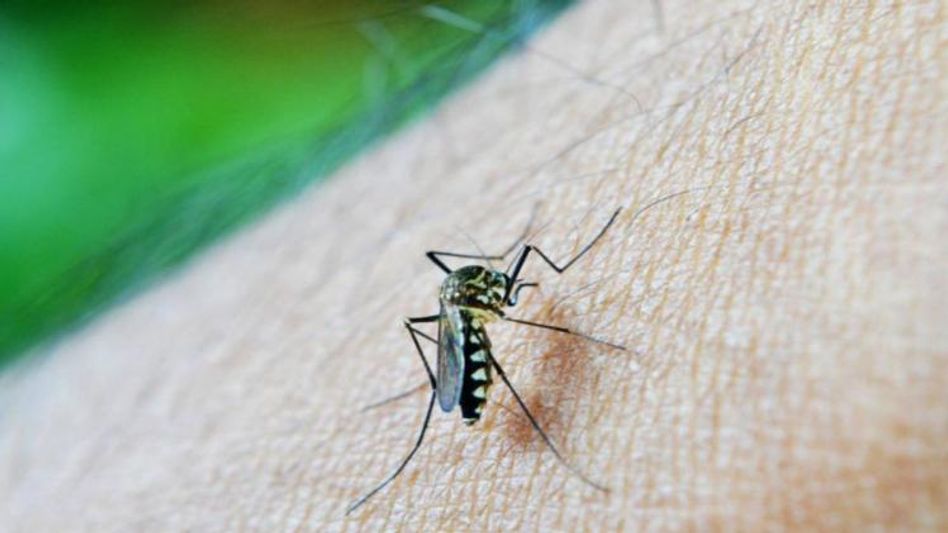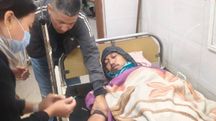Assam witnessed Japanese Encephalitis in various districts
Many districts in Assam have been affected by Japanese Encephalitis, including Golaghat, Nagaon, and Barpeta.
 Representative image
Representative imageMany districts in Assam have been affected by Japanese Encephalitis, including Golaghat, Nagaon, and Barpeta.
Meanwhile, the Malaria department has begun it's preparedness.
There have been numerous reports of Japanese encephalitis in Assam's Golaghat district. Last week, eight people in the district have been diagnosed with Japanese encephalitis.
Eight people, including a child, are being treated for Japanese encephalitis at the Kushal Konwar Civil Hospital in Golaghat. The Golaghat district health department, on the other hand, is on high alert for an outbreak of Japanese encephalitis.
On June 27, the first case of Japanese encephalitis was reported in Tengani village, Golaghat district. However, seven more people were infected with Japanese encephalitis over the next ten days.
In Nagaon, the Japanese encephalitis has gotten much worse. Two people died due to Japanese encephalitis. The deceased were identified as Hamidul Islam and Sadanand Baruah. According to the report, the town has experienced an increase in diarrheal infections. Five people have been suspected know as AES Acute encephalitis Syndrome, they are under treatment in Guwahati Medical Collage.
Japanese encephalitis is one of the major public health problems in Assam, northeast India. It is a viral brain infection spread by mosquitoes. Mosquitoes carry it from infected animals, typically spreading it among humans in rural areas across Asia. The disease is caused by a flavivirus that affects the membranes around the human brain and leads to inflammation of the brain due to infection.
Japanese encephalitis outbreaks are caused by pigs, crane and pond heron, the health department has been on alert and formed a task force to monitor the travel history of the infected people and who raised the pigs. Therefore, it is necessary to take measures to prevent the spread of Japanese encephalitis in the affected areas.
Copyright©2025 Living Media India Limited. For reprint rights: Syndications Today









